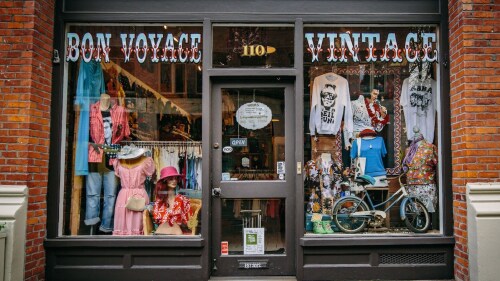Slip on those rubber boots and dig this — razor clam season in Washington is in full force.
Anyone who’s been to esteemed Seattle seafood joints like Taylor Shellfish and Salty’s on Alki know the magic of razor clams. The meaty mollusks are larger than your typical Manila clam, with a subtle flavor profile between briny and sweet.
Razor clams are so popular that Washington lawmakers are considering making it the official state clam (sorry, geoduck lovers). Much of the appeal is in the sandy hunt on local beaches — here’s how to find those suckers yourself.
Where to dig
Razor clams are scattered around coastal beaches that are exposed at low tide, with several in the Ocean Shores/Aberdeen area a two-hour drive from Seattle. Digs have been announced for Long Beach, Twin Harbors, Copalis, and Mocrocks through Sunday, Feb. 25.
There are 17 more dates approved for next month and the Ocean Shores Razor Clams & Seafood Festival takes place March 15-17. The fest is free to attend, with live music, contests, and local shellfish as far as the eye can see.
Start prepping
As always — safety first. State officials regularly test for marine toxins that can find their way into clams and make you sick. Keep an eye on the Washington Department of Fish & Wildlife’s WDFW) website to see if the coast is clear. Such alerts can sometimes arrive with just a day or two advance notice. (WDFW can help you with oyster harvesting, too.)
Diggers 15 years or older must get a license, which you can order online at a cost of ~$10-$17. The license will take 7-10 business days to receive, but you can print a temporary one if you need it ASAP.
To gear up, grab a clam gun and waterproof boots at local shops like Seattle Marine & Fishing Supply Co. or Big 5 Sporting Goods, and you’ll be good to go.











